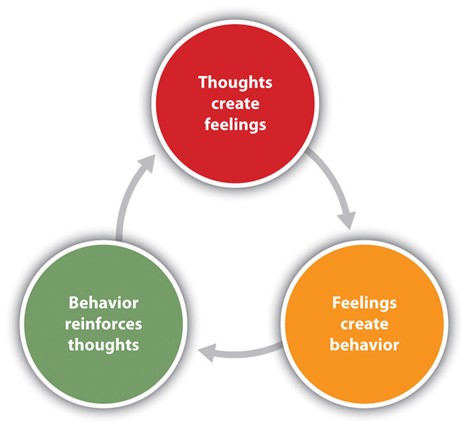NHS Bexley Talking Therapies

Do you want to talk to somebody? Please call 0208 303 8932 option 1.
About Us
Mind in Bexley provides access to a wide range of talking therapies and online therapy treatments for adults with common mental health problems.
NHS Bexley Talking Therapies, our Talking Therapies Service, is funded by the NHS and delivered in our Mind in Bexley office, online, by phone, in children community centres and GP surgeries. This service is only available to Bexley residents aged 18+.
How can NHS Bexley Talking Therapies help?
We can offer support to those struggling with low mood, frustration, depression, anxiety, sleeping difficulties that have an impact on your daily life e.g. work, relationships, family life or caring role.
Referral for NHS Bexley Talking Therapies
If you are 18+, registered with a Bexley GP and struggling with mild-moderate anxiety or depression we are here to support you.
To refer to our NHS Bexley Talking Therapies Service which includes counselling, cognitive behavioural therapy (CBT) or online therapy You must be a Bexley Borough resident over the age of 18 to access our services. Anyone accessing the NHS Bexley Talking Therapies Service services must read and agree to our CLIENT AGREEMENT WITH CONSENT. agreement, consent will also be obtained verbally.
What will happen when I refer to Mind in Bexley?
All referrals are processed Monday-Friday 9.00am–5.00pm.
After we have reviewed the information on your referral, one of our administrators will contact you to arrange an initial assessment this will be a telephone or face-to-face appointment lasting approximately 30 minutes. You will be invited to tell us more about your current problem and help us to identify the most appropriate support option for your needs.
We will do our best to ensure we offer you an appointment that suits your circumstances and supports your individual preferences, including considering accessible locations and any translator requirements.
Support
Our service offers a wide range of therapeutic support including counselling, cognitive behavioural therapy (CBT), group therapy and online therapy. Your initial assessment will assist with identifying the appropriate treatment for you.
Counselling
Counselling offers you a safe time and place to talk about your feelings with a trained professional counsellor. This can lead you to increased insight and awareness, and help you to resolve your personal and psychological problems.
There are 3 different types of Counselling modalities offered in Talking Therapies

“I wasn’t really sure what to expect from talking therapy before I started. I was surprised how therapy was able to help me address my anxiety with the skills that I have learned. I am very thankful and grateful.”

Quote from a Bexley Talking Therapies Client
Healthcare Professionals
Please complete the Healthcare professionals form below and email to bexccg.mind@nhs.net
If you have any questions about a patient you have referred to us, including questions about suitability for treatment, the types of treatment we offer, and/or waiting times, then do please contact us by telephone and we will be happy to answer your questions.



